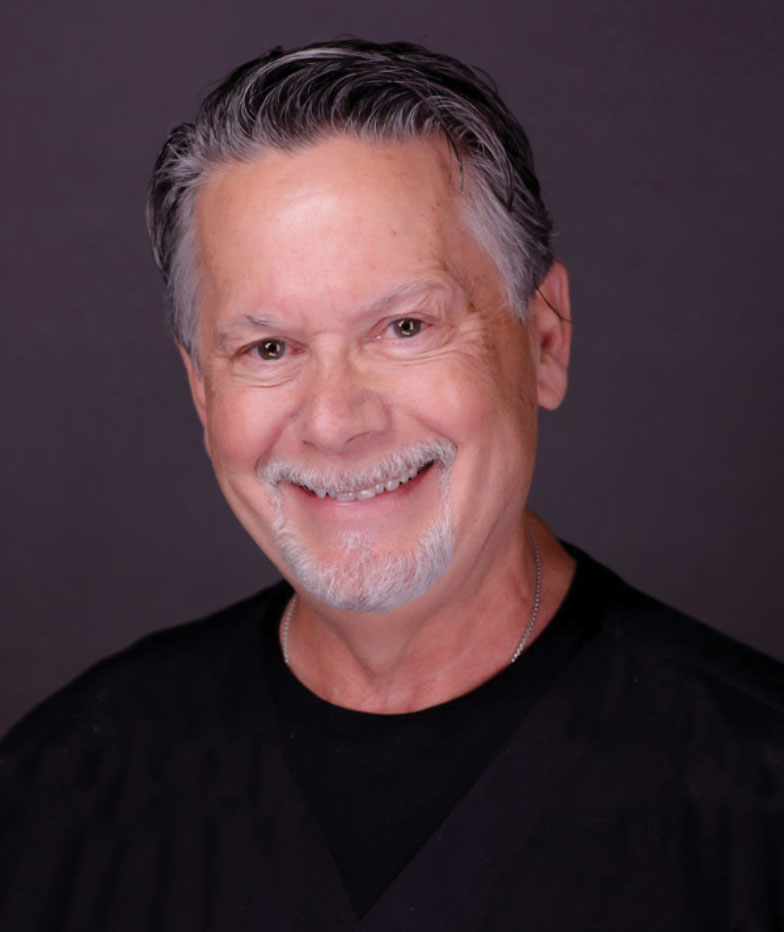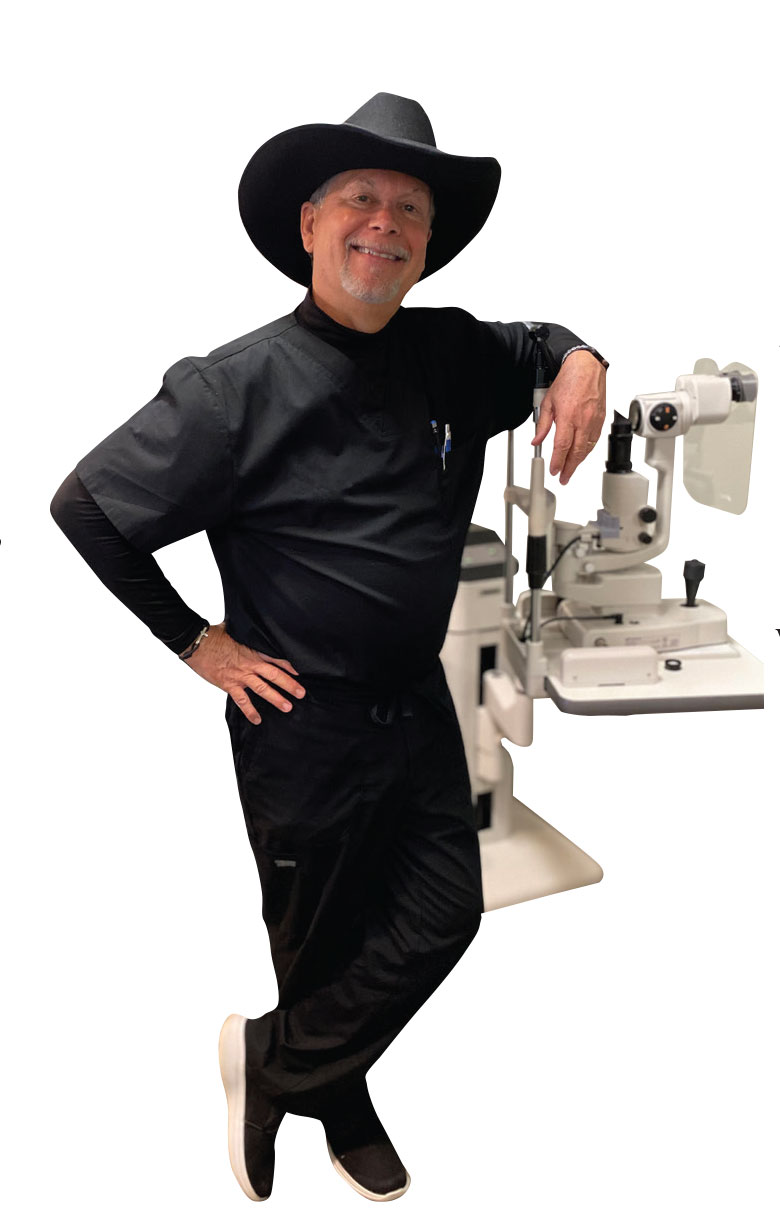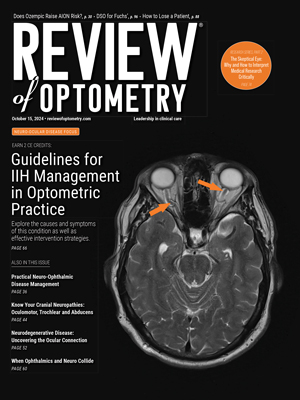 |
In my office in West Virginia, we referred to glasses checks as a “Recheck Rx.” Here in Texas, everyone calls them a “Spec Check.” I doubt that these visits only occur in West Virginia and Texas. What do you call them?
I know the practice management gurus want you to train yourself to be happy these patients made an appointment for this recheck. They use phrases like, “Look at it as an opportunity to problem solve and keep the patient for life.” Uh, once you’ve remade the dude’s glasses three years in a row, maybe the luster of “keep the patient for life” kinda wears off, right?
I think that no matter what, you will always find these visits stressful. I have spent the better part of my career studying rechecks looking for patterns to try to prevent rechecks instead of just expecting them to happen. I’ve learned a few things:
1. If the patient gets their first progressive add at some jackleg glasses store, you can expect a call from them. No matter what you do it’s hard to get the message of, “You get what you pay for” across. There are crappy progressives out there, y’all.
2. If a patient has had refractive surgery, they will lie like dogs to avoid getting used to (or as they see it, being dependent on) glasses. My mentor Dr. Bodie used to say, “Don’t put them in a bifocal until they beg you for one.” Clinically, I have seen a steady progression of astigmatism that ends up screwing up a patient’s distance vision if they just fight the eyestrain all day instead of gracefully accepting their presbyopia. Oh, and they don’t think buying cheap over-the-counter readers is an admission they need prescription glasses. Really?
 |
3. Thirteen-year-olds would rather have blurry vision than wear their first pair of glasses, so Mom will bring them in for rechecks since she never sees them wearing their glasses.
4. Computer people will never be satisfied with traditional progressives. You know it’s true, so when they are 37, start explaining that when they are 43, they will need a second pair of glasses for their workspace.
If you get them used to the idea, they will be less apt to commit seppuku when the time comes. The lady with 65 pairs of shoes has trouble accepting she needs two pairs of glasses if you don’t start orienting her early. I use the same technique with cataracts; I start educating the patient the minute the lens looks a hair yellow. Makes referral less traumatic in the future.
5. I am not the boss any more. I am a mere junior associate and love every minute of it. But if I were the boss, I would inform the patient who walks with their Rx, in writing, that (a) they need to be sure to ask the glasses provider what their refund policy is so when, not if, they have trouble with the glasses they can get their money back and come here so we can help them get the best quality lenses and (b) there will be a refraction charge for any rechecks on glasses not purchased here or for any adjustments, repairs, replacement nose pads and drinks of water from our fountain. You get paid to provide your time and expertise. Hey, it was the patient who chose #2 instead of #1, right?
6. Set the stupid seg height 2mm or 3mm higher than your optician measures. There is a real trend in this computer age of patients who come in for rechecks and remakes because they have to tilt their chin up to see the computer. Please refer to #4 above or set the height high enough. I would rather they have to tilt their chin down to drive 20 minutes per day than have to tilt their head back 10 hours per day. Glasses are a tool. Teach patients how to use it.
Please share with me your recheck trends. There are patterns. If all else fails and you cannot find any changes that help, try a desk adjustment. Set the glasses on your desk for a week. Then personally dispense them again. That often solves the problem.
Dr. Vickers received his optometry degree from the Pennsylvania College of Optometry in 1979 and was clinical director at Vision Associates in St. Albans, WV, for 36 years. He is now in private practice in Dallas, where he continues to practice full-scope optometry. He has no financial interests to disclose.

